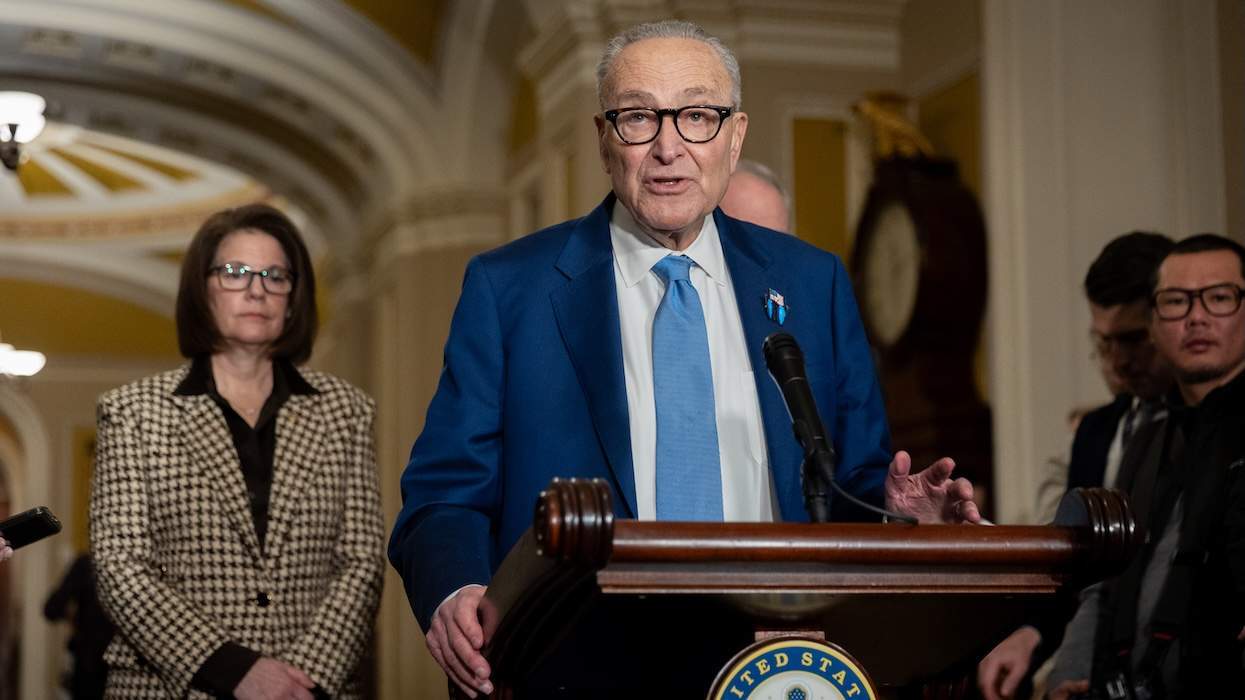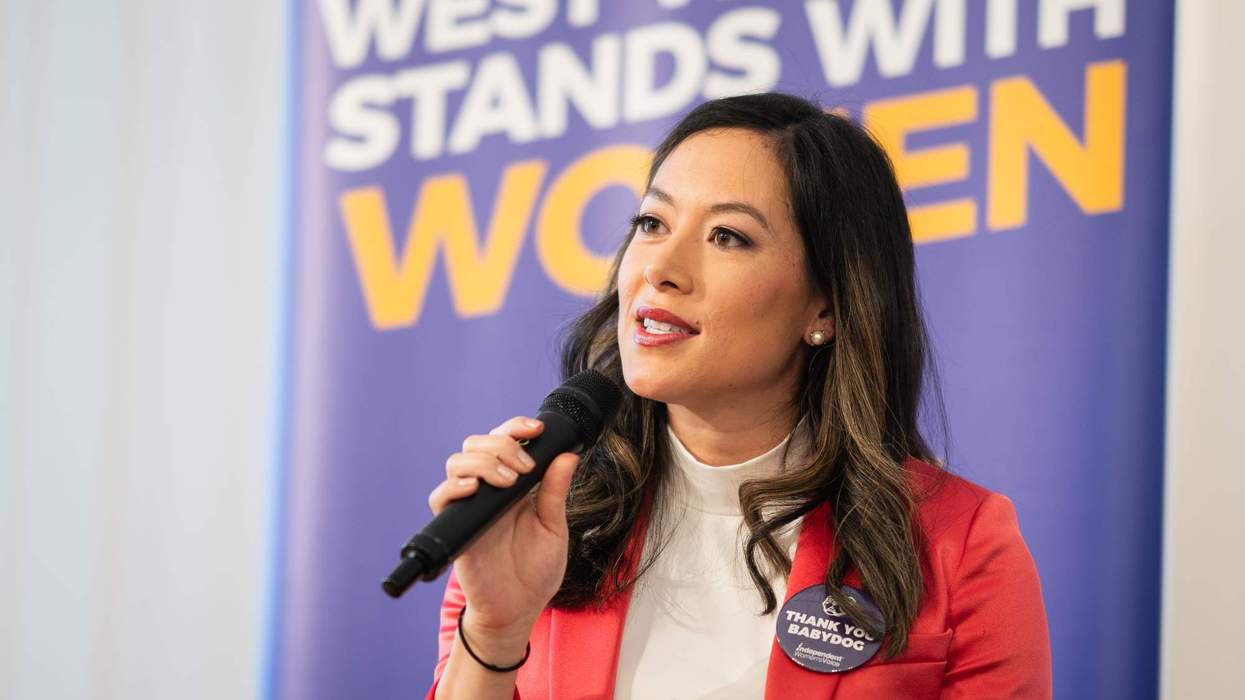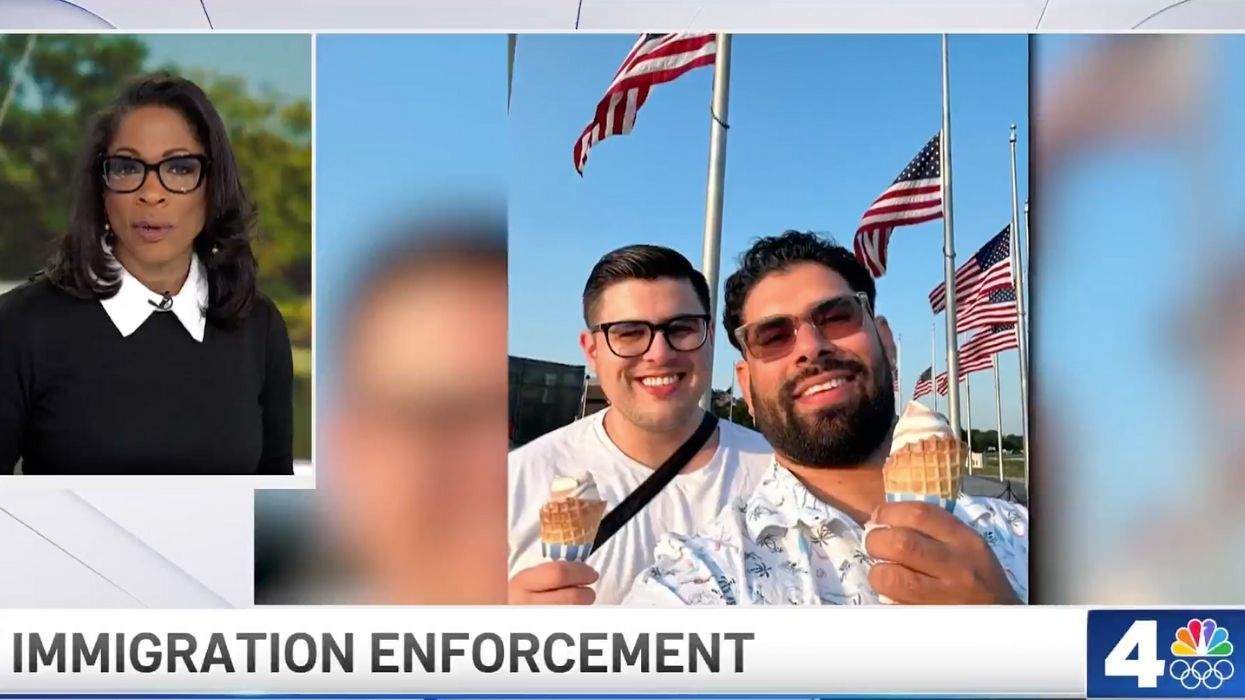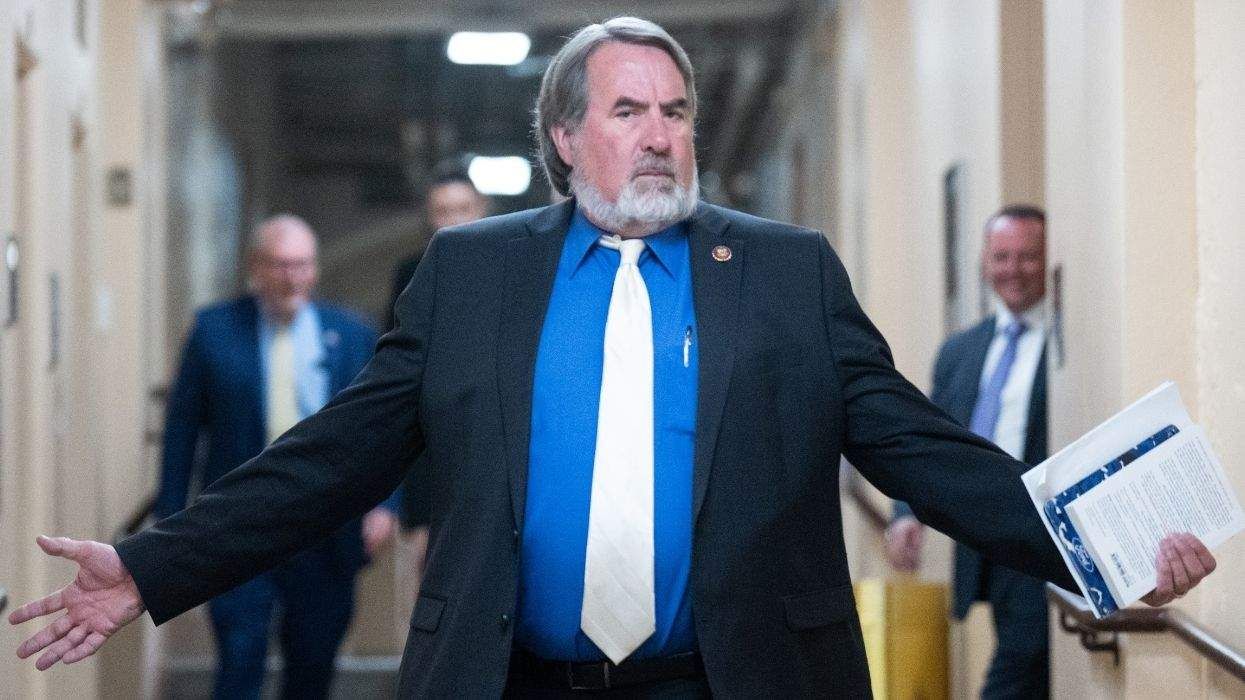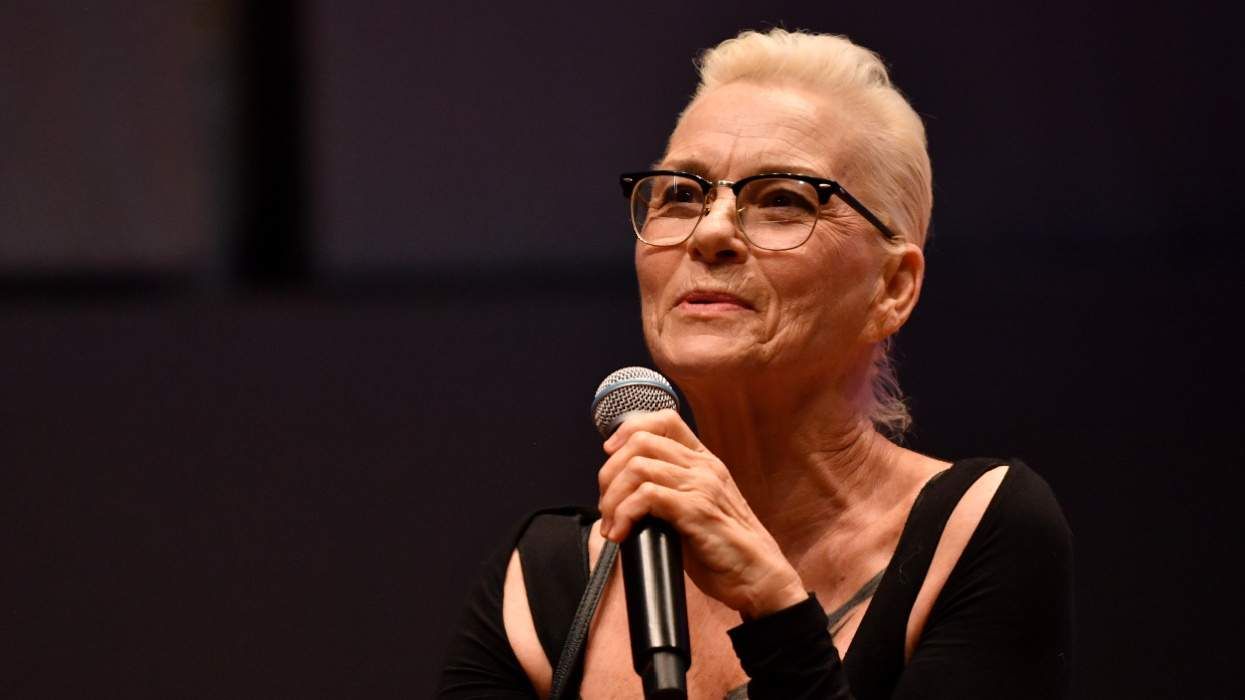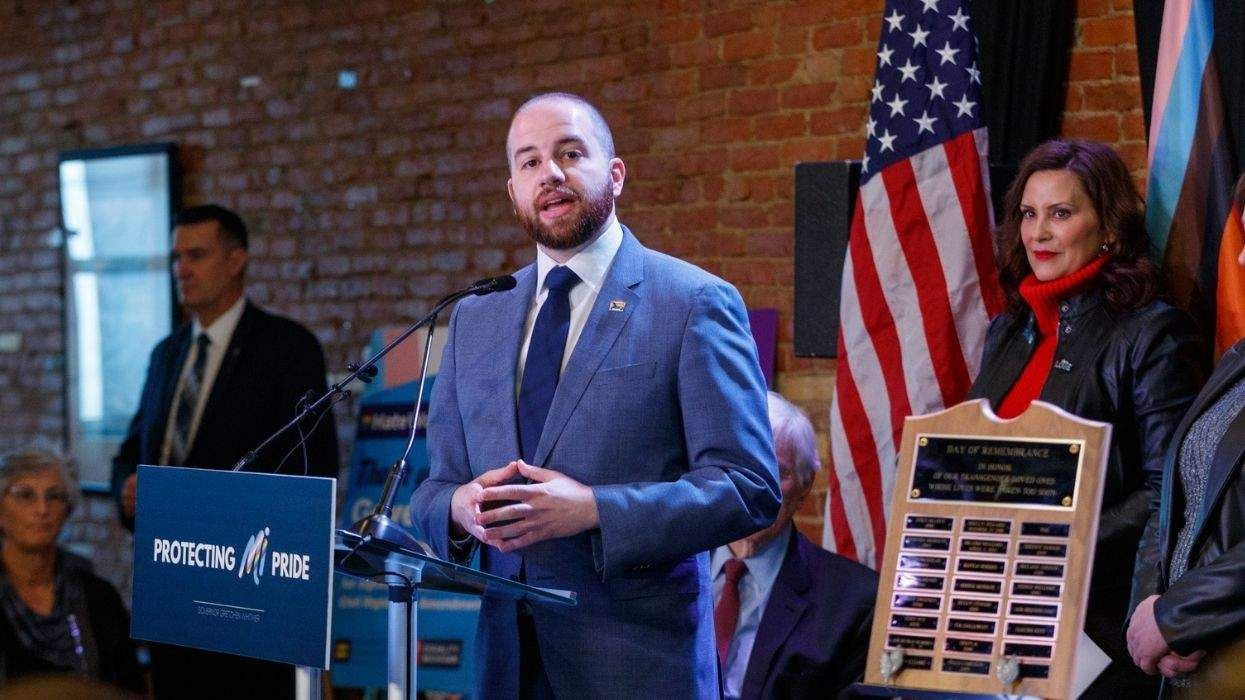On March 9, the first day of marriage equality in Washington, D.C., most same-sex nuptials took place either at the Moultrie Courthouse, where the marriage license bureau is located, or at All Souls Church, a Unitarian congregation in the city's Columbia Heights neighborhood. But the media fixated on three African-American couples who wed that morning at the Human Rights Campaign headquarters.
The event was no accident. "We were very intentional about the outreach we did," says Cathy Renna of Renna Communications, the PR firm that organized and publicized the ceremonies. Renna says the orchestration maintained loyalty to both the racial makeup of the city, which is about 55% African-American, and the partners who wished to marry.
"If you look individually at the couples who went for licenses--about half were people of color and a little over half were women," she says. "Just imagine the message that sent not only to the public but to young LGBT kids of color who are told every day they are not going to grow up to be happy and find people to share their love with."
For Pam Spaulding, the African-American blogger behind the gay news site Pam's House Blend, March 9 held a profound significance. "It was the single most important thing I've seen in the marriage equality movement," she says. "You saw black couple after black couple stepping up to take vows. That really meant a lot to people of color. It's amazing."
Some of marriage equality's staunchest allies in Washington, D.C., are the nearly 250 members of Clergy United for Marriage Equality. The Reverend Cedric Harmon says the sizable support for the organization was a logical outgrowth of the Washington Interfaith Network, a collaborative group of D.C. religious leaders who've worked together on issues like poverty, homelessness, and HIV. "These were clergy throughout all wards in the district who had worked together on various social justice issues before," Harmon says. "So this was a natural progression."
When he first started building support for D.C. Clergy United in May 2009, Harmon says membership jumped in the span of just a few days. Moving forward, he adds, "we need to send a message that now marriage equality is here, it's not a threat. It simply will enhance the lives of families and couples throughout the city."
Spaulding hopes to send her own messages--specifically to African-Americans like Rep. Alma Adams, who chairs the North Carolina legislative black caucus. "When I see these photos [of black couples who are marrying], I think of [Alma Adams], who said to me, 'Your issues are not my issues.' Tell that to these black couples getting married," Spaulding says.
Renna is careful to point out that antigay bias doesn't discriminate by race. "The reality is homophobia exists in all communities--black folks are as influenced by their churches as white evangelicals are," she says. "We have to fight it everywhere."

